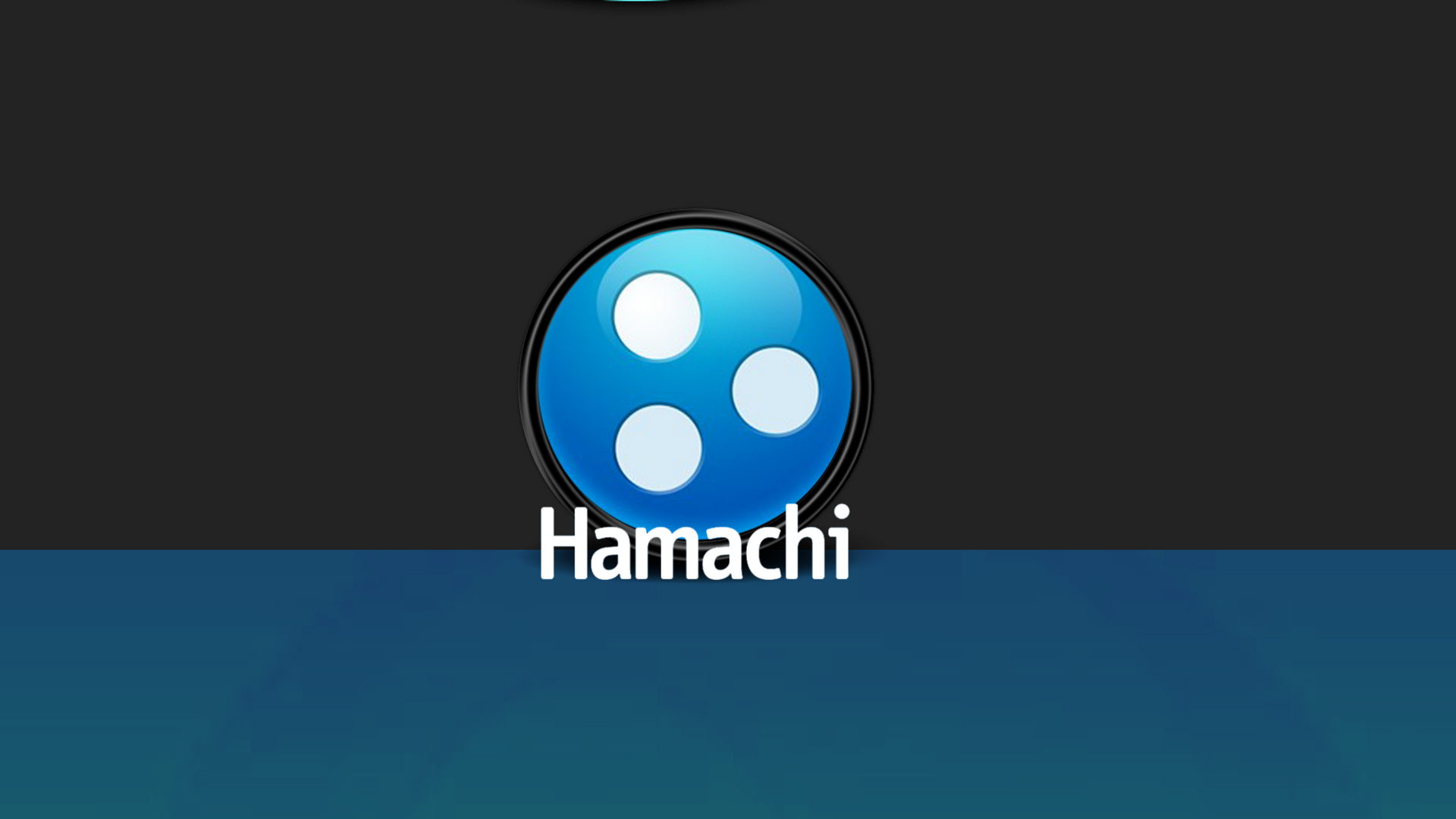
Best Intel Z490 Chipset-Based Motherboards for Enthusiast Gaming PCs
The Z490 chipset is Intel's flagship offering for the enthusiast market. Motherboards featuring the Z490 chipset feature the newer LGA 1200 socket that is compatible with the latest Intel 10th generation Comet Lake processors.
Though it is not possible to install the 9th generation Coffee Lake CPUs on these boards, the Z490 chipset itself does not offer too much of an updated feature set compared to the previous Z390 platform.
Related: The Best AMD X570 Motherboards to Buy in 2020 For The Ultimate Enthusiast PC Build
What You Should Look for While Considering an Intel Z490 Motherboard?
Form Factor: Like all motherboards, those based on the Intel Z490 chipset are also available across E-ATX, ATX, micro ATX, and mini ITX form factors. If you are building an enthusiast system featuring a Core i9-10900K, we would recommend going for an E-ATX or ATX platform as it allows for better cooling and more expansion options.
Expansion: Unlike AMD's flagship X570 chipset that brings support for PCIe Gen4, the Intel Z490 chipset supports only PCIe Gen3. Having said that, there are no graphic cards yet that can fully saturate the PCIe Gen3 bandwidth, so this shouldn't be much of an issue.
Some of the higher-end boards are certified to be PCIe Gen4-ready. However, some of the new Gen4 M.2 SSDs will operate only at Gen3 speeds on this platform as the processor itself can handle only Gen3 speeds.
Networking is also another aspect to be factored in. If you will be hooking up the system to fast Ethernet or NAS devices, it is important that the board comes with at least 2.5G LAN onboard, though a 10G LAN will be the icing on the cake.
Overclocking: Intel processors offer a lot of headroom for overclocking, especially when paired with good cooling solutions. It is important that the Z490 motherboard uses good quality and a sufficient number of VRMs to ensure a stable overclocking experience.
Best Intel Z490 Motherboards in 2020
With that information, let's take a look at the 5 best Intel Z490 motherboards to buy in 2020.
1. MSI MEG Z490 Godlike
Features: If you are an enthusiast who needs nothing but the best for your high-end Intel 10th generation Comet Lake processors, your search ends with the MSI MEG Z490 Godlike. The Z490 Godlike is MSI's flagship board for the Z490 platform and offers nearly every feature one would want to build extremely high-end gaming PCs. With a 16+1+1-phase VRM, the Z490 Godlike is an overclocker's dream. It also supports memory overclocking up to 5000 MHz when a single rank DDR4-DIMM is used. For added aesthetics, the Z490 Godlike features a good dose of RGB lighting effects on the chipset heatsink and also offers a Dynamic Dashboard II that shows off board stats and custom animations.
Connectivity: The Z490 Godlike offers top-of-the-line connectivity for all your peripheral needs. There are three PCIe Gen3 x16 slots and a PCIe Gen1 slot. The PCIe Gen3 x16 slots support multi-GPU configurations such as 2-way NVIDIA SLI and 3-way AMD CrossFire. Additionally, there are three M.2 PCIe Gen3 x4 slots for connecting NVMe SSDs along with six SATA 6 GB/s ports. MSI also offers an M.2 Xpander card that can take two more M.2 SSDs. A plethora of USB 2.0, USB 3.2 Gen1, and USB 3.2 Gen2 ports are readily available, with more expansion possible via internal headers. Since this is an Intel platform, two Thunderbolt 3 ports with up to 40 Gb/s transfers are also present.
Networking is made possible via the Realtek 2.5G LAN controller. For those planning to connect their PCs to network-attached storage (NAS) devices, MSI also offers a dedicated Aquantia 10G LAN controller as well. The Z490 Godlike also includes an Intel Wi-Fi 6 AX201 card onboard for Wi-Fi and Bluetooth 5.1 connectivity.
Performance: Needless to say, the MSI MEG Z490 Godlike aces every test conceivable. The differences compared to other boards are so minimal that they fall within the margin of error. Thanks to the excellent power design, the Z490 allows the Core i9-10900K to easily attain the rated Thermal Velocity Boost (TVB) boost speeds up to 5.3 GHz even though it happens only in short bursts. The robust VRM cooling means that the board will run cool, no matter the load or overclock on the CPU.
Overall, if you are looking for the best Intel Z490 motherboard on the market, even if it costs as much as a full new mid-range PC, the MSI MEG Z490 Godlike stands tall above the rest.
- Pros: Overkill VRM and cooling; Built-in Thunderbolt 3 and 10G LAN; Great for overclockers
- Cons: No USB 3.2 Gen 2x2; Expensive
2. Asus ROG Maximus XII Extreme
Features: If there's any Intel Z490 board that comes with a chock full of accessories, there is no equivalent to the Asus ROG Maximus XII Extreme. The Maximus XII Extreme sports a clean design despite being populated with connectors to the brim. There is an RGB ROG logo on the chipset shroud and the VRM heatsinks. While MSI offers an M.2 Xpander card that plugs into a PCIe slot, Asus offers what it calls a DIMM.2 slot to which you can install an M.2 riser module. The 16-phase VRM design is actually an overkill for most users, including enthusiasts - but it is there for overclockers and those who need that extra juice for liquid nitrogen cooling.
Connectivity: As with other enthusiast Z490 boards, the Asus ROG Maximus XII Extreme offers an assortment of connectivity options. This includes a ton of USB ports of all generations. Since it is an Intel platform, Thunderbolt 3 is available as well. There are two PCIe Gen3 x16 slots for multi-GPU setups along with a PCIe Gen3 x4 slot for expansion.
Networking is handled by the integrated Intel 2.5G LAN and Wi-Fi 6 AX201 chipset that also offers Bluetooth 5.1. Those who have large amounts of data stored on network access storage (NAS) devices will appreciate that the Maximum II Extreme comes with a built-in 10G LAN interface as well.
Performance: As expected, the Asus ROG Maximus XII Extreme aces every benchmark that is thrown at it. It is somewhat difficult to give a definitive conclusion, but the Maximus XII Extreme is right on par with some of the best Z490 motherboards from MSI, Gigabyte, ASRock, and others. Power consumption is on the higher side under load, though idling power usage is minimal. VRM temperatures are on the lower side for the overclocking features on offer.
Overall, if you are looking for the best Z490 motherboard for overclocking and added accessory features along with excellent performance, the Asus ROG Maximus XII Extreme makes for a compelling choice.
- Pros: Component overkill; Great for LN2 cooling setups; Bundled accessories
- Cons: Expensive
3. Gigabyte Z490 Aorus Xtreme
Features: The Gigabyte Z490 Aorus Xtreme sits between the MSI and Asus offerings detailed above in terms of pricing. However, the Z490 Aorus Xtreme gives the other boards some tough competition with respect to features and performance. At first look, the Z490 Aorus Xtreme looks well-laid out with a minimalist design made possible due to the large shroud covering the bottom half of the board. The shroud also contains thermal pads for the three M.2 SSDs that can be installed on the board. Naturally, this means all the essential headers have been moved to the right of the board, which allows for a clean build without clutter. The 16-phase VRM handles all the needs of extreme overclocking for flagship processors such as the Core i9-10900K.
Connectivity: Unlike many other Z490 motherboards, the Z490 Aorus Xtreme does not feature any PCIe x1 slots. Therefore, even small expansion cards like a dedicated soundcard will have to be installed on the larger x16 slot. Gigabyte offers plenty of USB connectors of all kinds via internal headers and dedicated ports on the rear. There are also two Thunderbolt 3 ports that can support both DisplayPort and USB output.
The Gigabyte Z490 Aorus Xtreme is targeted at the enthusiast crowd and offers networking abilities to match the same. You get 2.5G and 10G LAN along with Wi-Fi 6 onboard. Gigabyte offers bundled software such as cFosSpeed and XSplit Gamecaster to make the best use of the available networking features.
Performance: The Gigabyte Z490 Aorus Xtreme offers all the performance an enthusiast with a Core i9-10900K would expect. In synthetic benchmarks, the Z490 Aorus Xtreme somewhat trails behind the Asus ROG Maximus II, but the difference is not too significant and is not noticeable in most cases. The board offers excellent connectivity, a clean design, and enhanced overclocking abilities that are some of the best in the mainstream enthusiast segment for Intel processors.
- Pros: Excellent feature set; Clean design
- Cons: Expensive
4. ASRock Z490 Taichi
Features: For those who need the best Z490 midrange motherboard that does not compromise much on features, the ASRock Z490 Taichi is an easy recommendation. Though a mid-range offering, the Z490 Taichi comes with a 15-phase VRM that works great for overclocking and clean power delivery. The Z490 Taichi's gear-style design is reminiscent of other Taichi offerings. The layout is clean and clutter-free. The board comes with three RGB lighting zones — one underneath the right edge, one on the chipset heatsink, and one on the VRM heatsink.
The LEDs aren't too flashy and give just the right amount of aesthetic touch. Of course, these LEDs can also sync with other devices that are compatible with ASRock's Polychrome Sync feature. There are a host of available internal headers to cater to additional RGB LED strips, temperature sensor, custom loops, and more.
Connectivity: The ASRock Z490 Taichi is well-endowed with respect to peripheral connectivity. There are three PCIe Gen3 x16 slots that support NVIDIA SLI and AMD CrossFire, though GPU vendors themselves are moving away from such multi-GPU setups. Additionally, there are two PCIe Gen3 x1 slots for adding peripherals, such as soundcards or other add-ons. ASRock has provided three M.2 slots for installing NVMe SSDs. There are a total of eight SATA ports as well, so storage expansion will never be an issue.
Related: 8 Best Soundcards to Buy in 2020 For Pristine PC Audio
On the networking side, ASRock offers a Realtek 2.5G LAN, an Intel Gigabit LAN, and Intel Wi-Fi 6 onboard. There is no onboard 10G LAN port, but that is to be expected in a midrange board. Still, users who need 10G LAN for connecting to NAS devices can easily do so via a network add-on card.
Performance: In synthetic benchmarks, the ASRock Z490 Taichi is on par with some of the more expensive offerings from Asus, MSI, and Gigabyte. Overall, users will not notice much difference when it comes to pure performance numbers. The same is the case with gaming. The Z490 Taichi does consume a lot more power than others in idle mode, which is not too bad, but something to keep in mind if you are particular about idle power consumption and temperatures. Overclocking is fine, and users should be able to push the Core i9-10900K to whatever maximum their cooling system allows.
Overall, the ASRock Z490 Taichi is an excellent motherboard that will ensure you can get the maximum performance out of high-end Intel Comet Lake processors without much effort.
- Pros: Good feature set; Good overclocking abilities
- Cons: Higher idle power consumption
5. Asus Prime Z490-P
Features: Not everyone requires the fastest overclocking or extra RGB bling and will be served just right with a budget motherboard. The Asus Prime Z490-P is one such budget offering that gets the basics just right. Prime Z490-P forgoes a lot of features to keep the costs low. However, this does not impact the actual performance much. Users can still install a Core i9 or Core i7 Comet Lake processor and still get great performance. The board sports a minimalist design with no fancy RGB or shrouds.
Connectivity: Asus Prime Z490-P offers two PCIe Gen3 x16 slots, one of which is wired directly to the CPU while the other goes to the chipset. Additionally, there are four PCIe Gen3 x1 slots for installing add-on cards. The Z490-P offers two M.2 NVMe slots and four SATA ports for storage. The SATA ports are not right-angled and are located towards the bottom of the board. While the rear I/O panel does not come with a pre-installed I/O shield, it does offer essential connectivity, including HDMI 1.4b and DisplayPort 1.4-out, so you can get started even without a discrete GPU.
Unfortunately, the Z490-P does not come with onboard Wi-Fi or faster LAN other than the provided Realtek Gigabit controller. Of course, these functionalities can be added easily whenever needed using the available PCIe expansion slots.
Performance: Though the Z490-P can accommodate all kinds of Intel 10th gen processors, it is best suited for midrange CPUs such as the Core i5-10600K or the Core i7-10700K. With these processors, users can expect good performance and stable clocks. Since the board uses a 10+2-phase VRM design, it really is not meant for pushing the processor too hard. Still, some decent overclocking of the CPU and RAM is still possible. One thing to note here is that the Z490-P does not come with any heatsinks for the M.2 slots, so it would be a good idea to buy M.2 NVMe SSDs that come with thermal pads pre-installed.
Related: The Best M.2 NVMe SSDs to Buy in 2020 For Blazing Fast Data Transfer
All said, the Asus Prime Z490-P offers great value and matching performance making it one of the best budget Z490 motherboards on the market.
- Pros: Affordable; Stable performance; Great for midrange Intel 10th gen proccessors
- Cons: No M.2 heat shield; No onboard Wi-Fi
That concludes our round-up of the best Intel Z490 motherboards to buy in 2020. While selecting a Z490 motherboard, be sure to choose one that can cater to your workload, be it gaming or productivity, or you may end up paying more for features you won't be using. Feel free to let us know in the comments below if you have any questions or need additional information.











